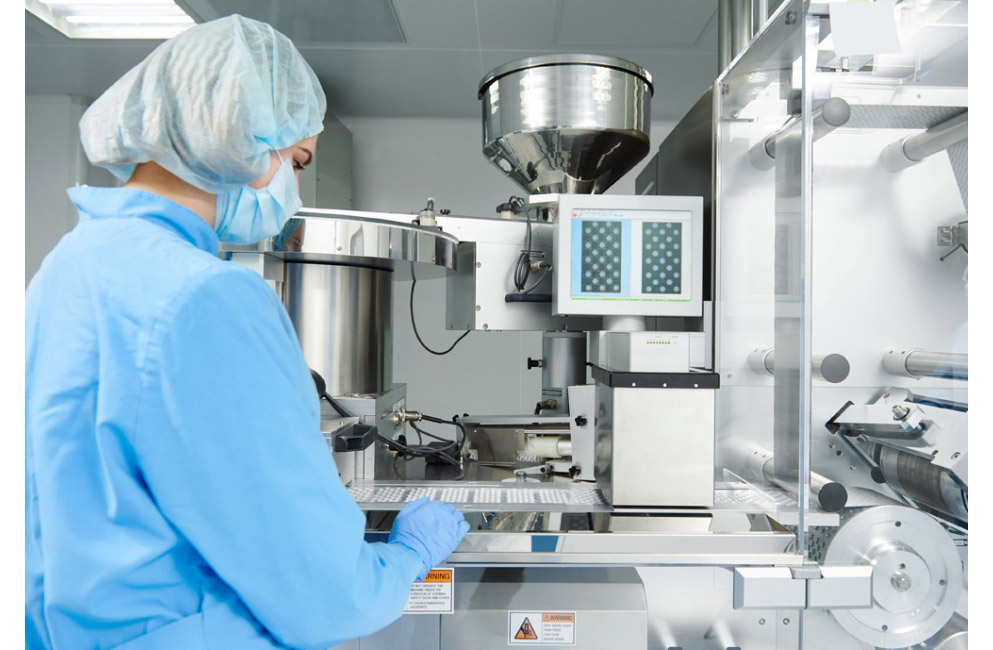GMP Audit (Audit Personnel, Quality Documents)

As a manufacturer bringing pharmaceutical product to the US market your company is always in the vigilant eyes of FDA. In the US, the FDA can drop in anytime to perform an unannounced GMP audit or investigation.
A GMP audit is conducted to check whether your company complies with the federal regulations, Code of Federal Regulations (CFR)and to identify if you have full control over your processes, facility and quality management system (QMS).
The regulatory authorities will notify you through Form 482: Notice of Inspection.
During an audit, your primary focus should be to demonstrate that you manufacture drugs within the scope and standards of Good Manufacturing Practices (GMP). Do not panic, simply ensure that the following six things are completely controlled – facility, equipments, raw materials, operating procedures, trained personnel, finished products along with a separate quality control department.
After an FDA GMP Audit you will receive a Form 483, in case the investigator has found GMP violations and deficiencies. You have to respond within a given time and demonstrate with your answer on hoe you will effectively eliminate the deficiencies and assure no reoccurrence. The inspection report will idly with you quickly, however that may take a certain amount of time and you should not wait in case of 483 deficiencies. If FDA does not accept your proposed corrective actions, there is a high likelihood than you will run into the risk of getting a warning letter by the FDA.
Are you prepared for any unexpected GMP auditing? Take the following actions to ensure that you pass the audit with flying colours even when you are least aware that investigators (auditors) have arrived to conduct a GMP audit.
Do Your Research
Have you reviewed the previous GMP inspections (audits)? If not, consider reviewing them at intervals to gain some insights. Check if all the previously reported deficiencies are closed. External investigators (auditors) also consider complaints, adverse reaction reports or any changes made in the manufacturing process.
Having some intelligence about the investigators (auditors) in your region is always a plus point.
Scrutinize Your Documents
Find out what documents and data the investigators (auditors) generally request. Make sure that they are all updated and are “controlled copies.” Detailed data on clinical research and safety practices should be in place.
The auditors typically review Site Master File (SMF) and Validation Master Plan (VMP) as soon as they reach the site. SMP is particularly important when major changes have taken place in the manufacturing unit or the auditor is new to the site. VMP gives information about any adverse reactions reported, product recalls, complaints, previous audit findings and your responses to each of them.
Train the Personnel
As a proactive and responsible authority, you should choose in advance which employees and supervisors will be interacting with the investigators (auditors). Teach them the basics of whatever will happen during the GMP audit and how they should respond to questions posed by the investigators (auditors). They should behave themselves well in a polite and friendly tone.
You can go an extra mile by training the employees on the auditing techniques. This will demonstrate that your employees are well trained and they actually know what they are doing.
Conduct a Mock Internal Audit
It is always beneficial to conduct self-inspections at regular intervals to ensure that the company adheres to codes of GMP. This will bring into notice the loopholes in current processes and equipments, that you can correct in time to stay a step ahead.
But if you never conducted an internal GMP audit, it’s highly likely that those same deficiencies will be noted by FDA investigators (auditors). It will for sure have a negative impact on your reputation as a manufacturer of drugs.
Of course, investigators (auditors) aren’t there to defame you, they just want to see whether your manufacturing facility complies with the guidelines and standards of GMP. Therefore being well-prepared in advance, an effective SOP and established quality management system (QMS) are the simple but wonderful secrets of success during any GMP audit.
